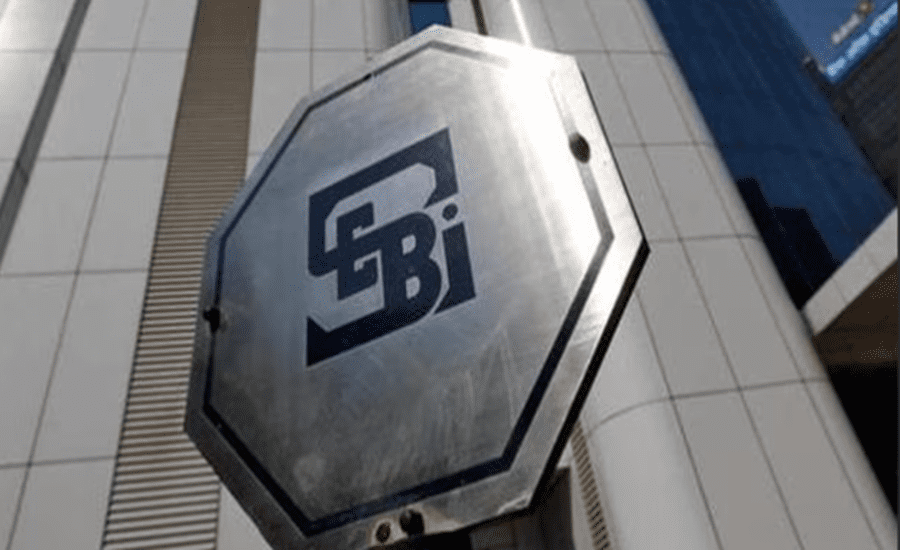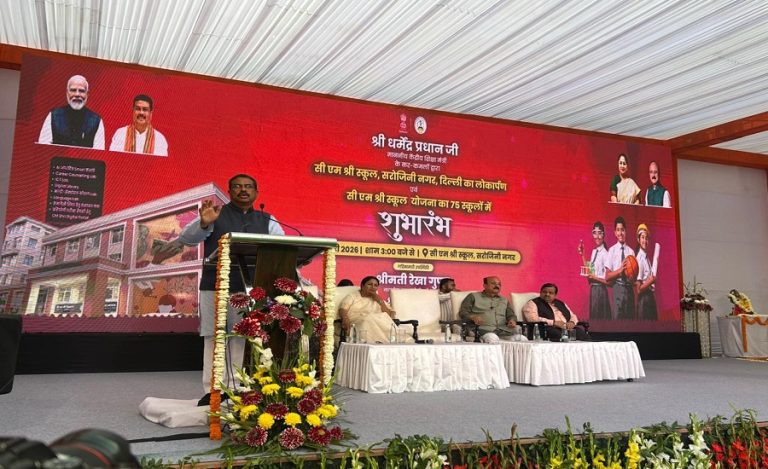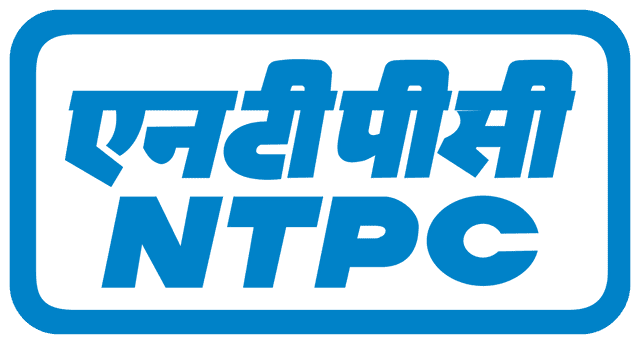New Delhi: The Appointments Committee of the Cabinet has approved key vigilance-related personnel decisions involving the Securities and Exchange Board of India (SEBI), Rural Electrification Corporation Ltd. (REC), and Satluj Jal Vidyut Nigam Ltd. (SJVNL).
Yatri Dave Vitekar’s Term as SEBI CVO Extended Till 2027
The tenure of Yatri Dave Vitekar (IRPS: 2001), Chief Vigilance Officer (CVO) at SEBI, Mumbai, has been extended by two years beyond his current term ending on October 20, 2025. With this decision, Vitekar will continue to serve as SEBI’s CVO till October 20, 2027, ensuring continuity in vigilance oversight at the capital markets regulator.
Vinita Narera Gets Additional Charge of SJVNL
Meanwhile, Vinita Narera (IRSSE: 2000), presently serving as the CVO of REC Ltd., New Delhi, has been entrusted with additional charge of the CVO post at SJVNL, Shimla. She will serve in this role for a period of six months from the date she assumes charge, or until the appointment of a regular CVO, whichever is earlier.
This dual assignment reflects the Centre’s confidence in Narera’s administrative capabilities and vigilance experience in the public sector energy domain.
About SJVN
SJVN Limited, formerly known as Satluj Jal Vidyut Nigam, a Navratna Central Public Sector Enterprise (CPSE) under the Ministry of Power, is jointly owned by the Government of India and the Government of Himachal Pradesh. Incorporated in 1988, it currently operates 1,972 MW of hydropower capacity across its Nathpa Jhakri, Rampur, and Naitwar Mori projects and is rapidly expanding into solar and energy storage segments to support India’s clean energy goals.
The company is actively engaged in the hydro, solar, wind, thermal, and power transmission sectors, both in India and abroad, and is playing a pivotal role in achieving the nation’s renewable energy goals.
About SEBI
The Securities and Exchange Board of India (SEBI) is the primary regulatory body for the securities market in India. It was established in 1992 to protect investors, promote the development of the securities market, and regulate market activities. SEBI’s key functions include regulating market intermediaries, preventing malpractices, and ensuring fair trading practices.




























